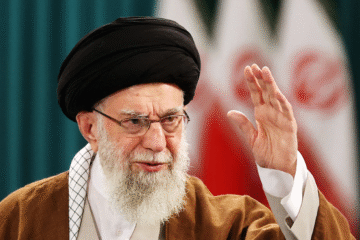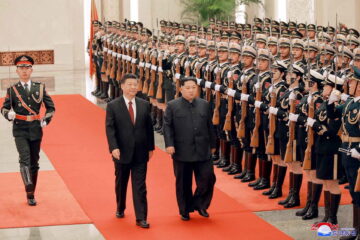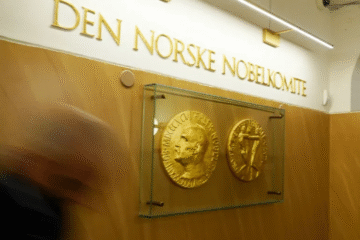What is a NATION ?
This article gathers the key takeaways of my reading of Ernest Renan’s “Qu’est-ce qu’une nation?” (1882) in which he describes what a nation is and is not.
I believe that Ernest Renan’s ideas can bring a new insight on the contemporary issue of the annexation of Ukrainian territories by Russia.
I. Nation as a daily referendum
For Ernest Renan, the concept of nation relies on 2 tenets:
- A common and rich legacy of memories related to past achievements and sacrifices
- The will to keep living together (daily referendum) and value the legacy that has been received
Ernest Renan sums up his idea with the following analogy: a nation is about loving the house that has been built before us and that we will keep on building to pass it on to the next generation. That is why according to him the cult of ancestors is the most legitimate of all because they are those who made who we are.
Besides, he adds that a people doesn’t belong to a certain nation by nature: a people decides to which nation it wants to belong. Ernest Renan uses the example of the Alsatian people living in Eastern France and whose affiliation to France and Germany was subject to debates at the time of writing. For him, this people is not French or German by nature, it is French because it expresses its desire to be French. From another standpoint, he asserts that a nation has no interest in annexing or keeping a people against its will for the second condition for the formation of a nation will not be met (daily referendum).
Eventually, Ernest Renan asserts that nations are not eternal and that as soon as common memories disappear, they can disappear because they have no tangible dimension and are only a historical and political constructs. He even went on to say that a European confederation would probably ultimately replace European nations.
II. What a nation is NOT about
A. Race
For Ernest Renan, ethnographic and racial considerations do not play any role in the constitution of modern nations. As a matter of fact, the “most noble countries” like England, France or Italy are those where blood is the most mixed. For instance, the French nation has Celtic, Iberian and German origins. It is so because kingdoms and empires extended their borders and incorporated various peoples and races.
B. Language
The author describes language as an invitation to unify people but it doesn’t force it. To reunite, men need first of all a common will to do so.
The political importance that we assign to language stems from the fact that we see them as racial characteristics, which is wrong for Ernest Renan. Languages are historical products that indicate little or nothing about the blood of those who use them.
C. Religion
Ernest Renan reminds that Athens’s religion was the cult of Athens itself, of its founding myths, of its laws and customs. It was literally a State religion.
Such religions no longer exist because religion has become an individual spiritual matter.
D. Interests
Economic agreements and treaties can lead to the formation of economic areas of cooperation that can be more or less integrated politically, but that will never be nations. As the author points out, a Zollverein (German custom unions) is not a nation.
E. Geography
A nation’s soul lies in the human beings that compose it. Nothing material or tangible like geographical landmarks can define the character of a nation.
Ernest Renan sees a nation as a spiritual concept that results from complex historical evolutions and that cannot be defined by the configuration of the land on which its members dwell.



0 Comments